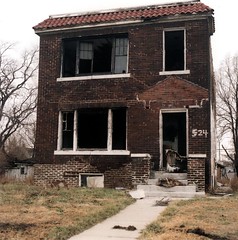 I see a surprising number of organizations and businesses that suffer from the malady of reinventing basic business processes and rediscovering tools and resources they already had, at the expense of using up valuable staff time and straining relationships with their customers and constituents.
I see a surprising number of organizations and businesses that suffer from the malady of reinventing basic business processes and rediscovering tools and resources they already had, at the expense of using up valuable staff time and straining relationships with their customers and constituents.
Sometimes this reinventing and rediscovering happens because there's been a change in staffing, sometimes it happens because people just don't bother to write things down. But I'm amazed at the "shortcuts" people think they're taking to work around those cases:
- We couldn't find our username and password to manage our website domain name, so we just registered a new one and re-printed our business cards. Problem solved!
- We forgot that our last IT person already had a Facebook page setup, so we setup a new one and then asked everyone to like the new page. Problem solved!
- We're not sure where the source design files are for our marketing brochure, so we'll just design a new one. Problem solved!
Meanwhile you've lost a bunch of would-be visitors to your website who still have your old business cards, halved your population of Facebook followers, and wasted someone's week on solving a problem that was already solved.




